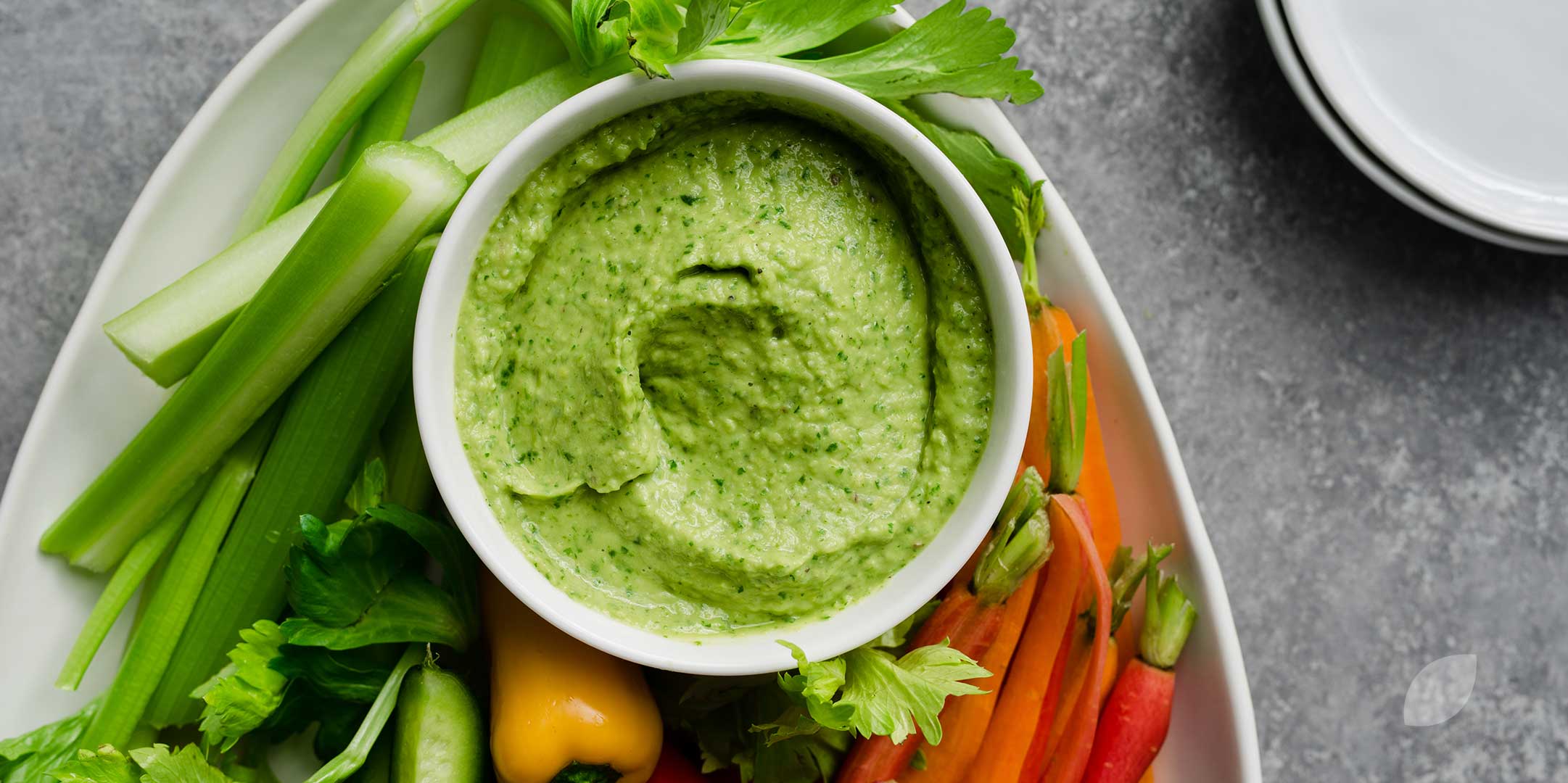St George Peritonectomy & Liver Cancer Unit Dietitian works closely with the Peritonectomy Unit multi-disciplinary team to provide direct nutritional care to patients undergoing peritonectomy surgery. The primary focus of the Peritonectomy Dietitian is to optimise the nutrition of each patient during all stages of their surgical journey, with the aim to support healing & recovery, reduce complications postoperatively & improve quality of life.

The dietitian oversees & provides individualised nutritional assessment, recommendations & education for each patient during the surgical workup, inpatient stay & post-discharge stage. This may include:
- Nutritional screening & assessment prior to surgery, including the provision of individualised diet plans to ensure each patient is nutritionally optimised for surgery
- Explanation of the nutritional care plan pre & post operatively based on the individual surgical plan & treatment
- Oversees the provision of various forms of nutrition support (oral, enteral & total parenteral nutrition) both pre & postoperatively taking into to account the nutritional status, specific surgical resection, the postoperative progression of each patient.
- Explanation of the surgical removal of various parts of the gastrointestinal system on nutrition & hydration, followed by individualised dietary education & nutritional plan
- Post-discharge nutritional follow up for nutrition-related symptom management & stabilisation of nutritional status.
Peritonectomy and nutrition
Food is important to nourish the body and the mind. With cancer, it is important to try to continue to eat well in order to help your body fight the disease. This is often difficult because cancer and treatment can make you feel unwell. However, there are ways to manage and control these effects and it is the role of the Dietitian to help. The Dietitian will be involved in each aspect of your peritonectomy care from pre-admission assessments, inpatient post-operative care and on-going follow-up as required. At each stage, the goal is to ensure that you are in the best nutritional state to maximise the success of treatment and to help manage symptoms affecting your well-being.
Pre-admission
The Dietitian will assess your body composition with the goal of optimising weight stability and muscle mass protection. Unintentional weight loss can occur with cancer increasing the energy needs placed on your body. Alternatively, unexpected weight gain, especially around your abdomen, can occur due to the disease position or stored fluid. You will be asked questions about your current intake and tolerance of meals. You may have already started medical treatments that leave you with symptoms affecting your eating like changes in bowel habits, nausea and poor appetite.
What is considered “healthy eating” will change depending on your medical condition. We aim for regular meals and snacks with a balanced, healthy focus. However, our priority is on adequate energy and protein needs. This is important in minimising stress on the immune system and to place you in the best state for your upcoming surgery. At this time the Dietitian will give individual advice regarding your diet leading up to surgery and explain the post-operative nutrition care plan.
Post-operative
The amount of disease and which organs have been affected, as well as your HIPEC treatment, will greatly map out your dietary journey, especially surgeries removing stomach and bowel. This path is different for everyone.
Initially, you will be “Nil by Mouth”. If you are unable to eat while your bowel/gut recovers, (this may take weeks) you will be considered for TPN (Total Parenteral Nutrition). This involves receiving all the energy, fluid, vitamins and minerals you require directly into your bloodstream. This is a temporary measure, bypassing the need to digest and absorb these nutrients while the gut isn’t yet working.
How soon you can start taking food and fluid orally will be assessed by the doctor with formal observations, x-rays and tests. Commonly, intake starts with fluid consistencies and builds up to solids as your body adapts and tolerates it. This adaption may require another type of feeding method, called enteral feeding. This may be to supplement your eating or to replace it when indicated for a medical reason.
If you are tolerating a solid diet, we will offer you a High Protein menu. This surgery increases the nutritional requirements of the body, especially for wound healing, and adequate protein intake is essential. Foods high in protein include chicken, fish, red meat, eggs, dairy, protein supplement drinks, legumes, nuts and seeds. You are encouraged to have a protein source at each meal and mid-meal. The Dietitian will assess and educate you regarding your individual dietary needs and recommended specific intake goals. Using food selection and possibly nutrition supplement drinks, they will work with you to ensure you are receiving all your nutritional requirements.

